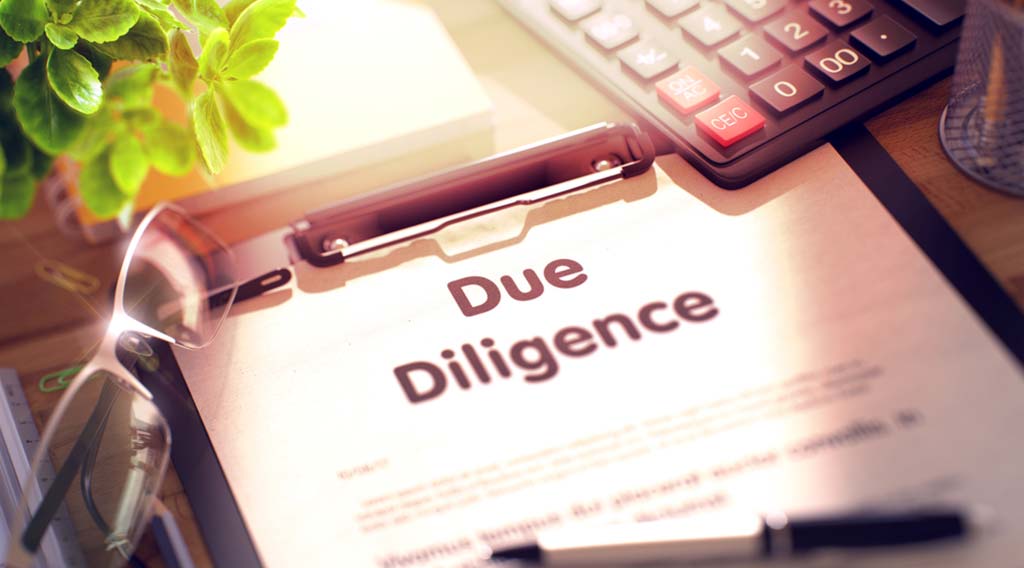
To prevent yourself from making costly mistakes, you must conduct thorough Due Diligence on the property you're buying before you make a decision. To avoid mistakes, read this article to learn how to do your Due Diligence in Thailand. Before buying, make sure to check the land's registered value and title deed. In addition, investigate the land's drainage, major utilities, and road access. Also, inquire about the sewage and telephone system and its condition.
When buying or selling a property in Thailand, it is essential to conduct due diligence on the seller. This may include checking building permits, whether there have been any lawsuits against the owner, and whether the seller has mortgages on the property. Due diligence is essential to prevent fraud, protect your property rights, and prevent a costly lawsuit. Read on to learn more about how due diligence can protect you. Listed below are some tips to conduct due diligence.
Before purchasing a property in Thailand, it's vital to check on the title deed. This document outlines the ownership rights and liens of the property, which can make it impossible for you to legally buy the property. It also explains what kind of documentation the property has. If the title is unclear, it's advisable to seek professional advice. In Thailand, it is illegal to claim land that belongs to someone else.
If you're buying property in Thailand, you'll want to check on taxes before you make a purchase. The Land Tax Act requires that taxes be paid annually on the last day of March or February. Non-payers are regularly investigated by the local authorities, and can face fines. Thai companies will send you a tax bill directly, so making your payment promptly will help avoid any further investigation. If you don't have much time, you can use an ATM to pay small amounts. If you'd prefer to pay online, you can use internet payment.
Before purchasing a property in Thailand, check on its registered value. Land in Thailand is taxed based on its assessed value. A legal title deed is necessary to own the property. You can find this information at the local land office. The title of a land should contain all relevant information, such as previous ownership history, restrictions on the property, third-party rights, and zoning and building regulations. It is important to note that foreigners are not allowed to own land in Thailand and must seek legal advice before purchasing a property.
If you are thinking about purchasing a condo or any other type of property in Thailand, then you should check on the builder's license. Most condos experience construction issues within five years. From leaking plumbing to cheap flooring, you should contact previous owners before signing the contract. You can also seek the help of legal agencies to help you make this decision. There are many things you should look for when buying a condo or property in Thailand.